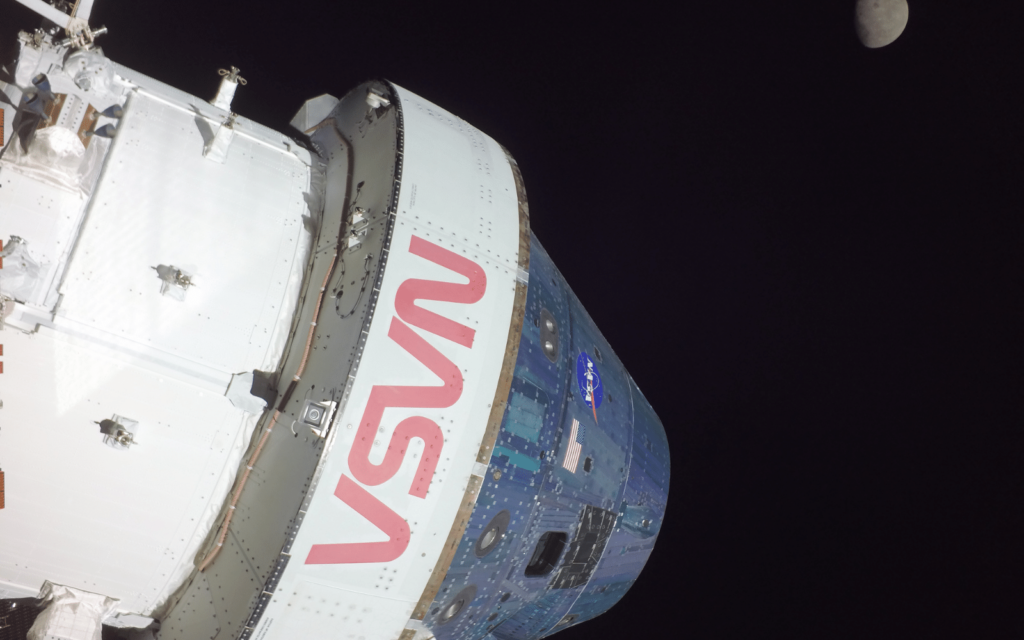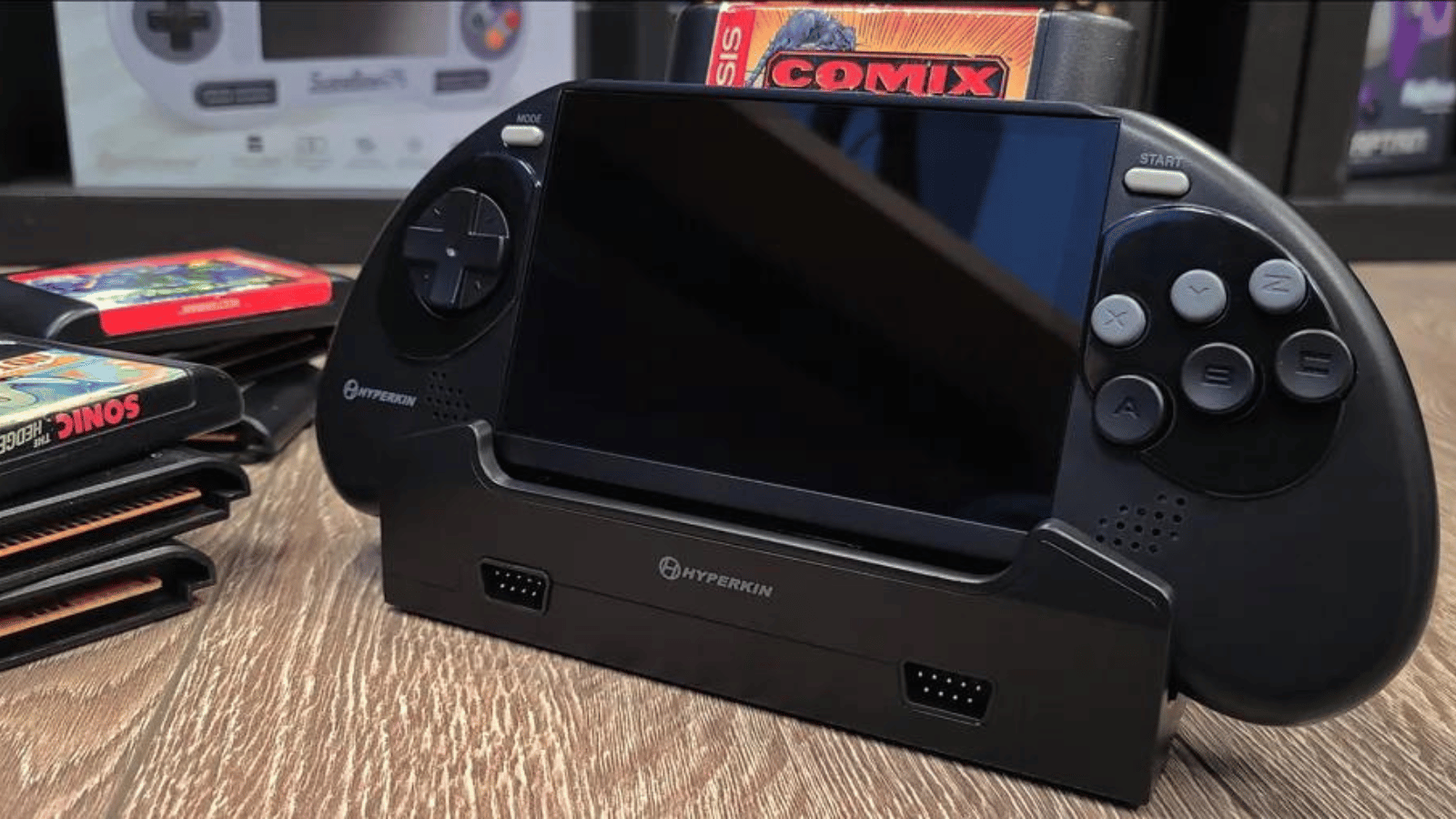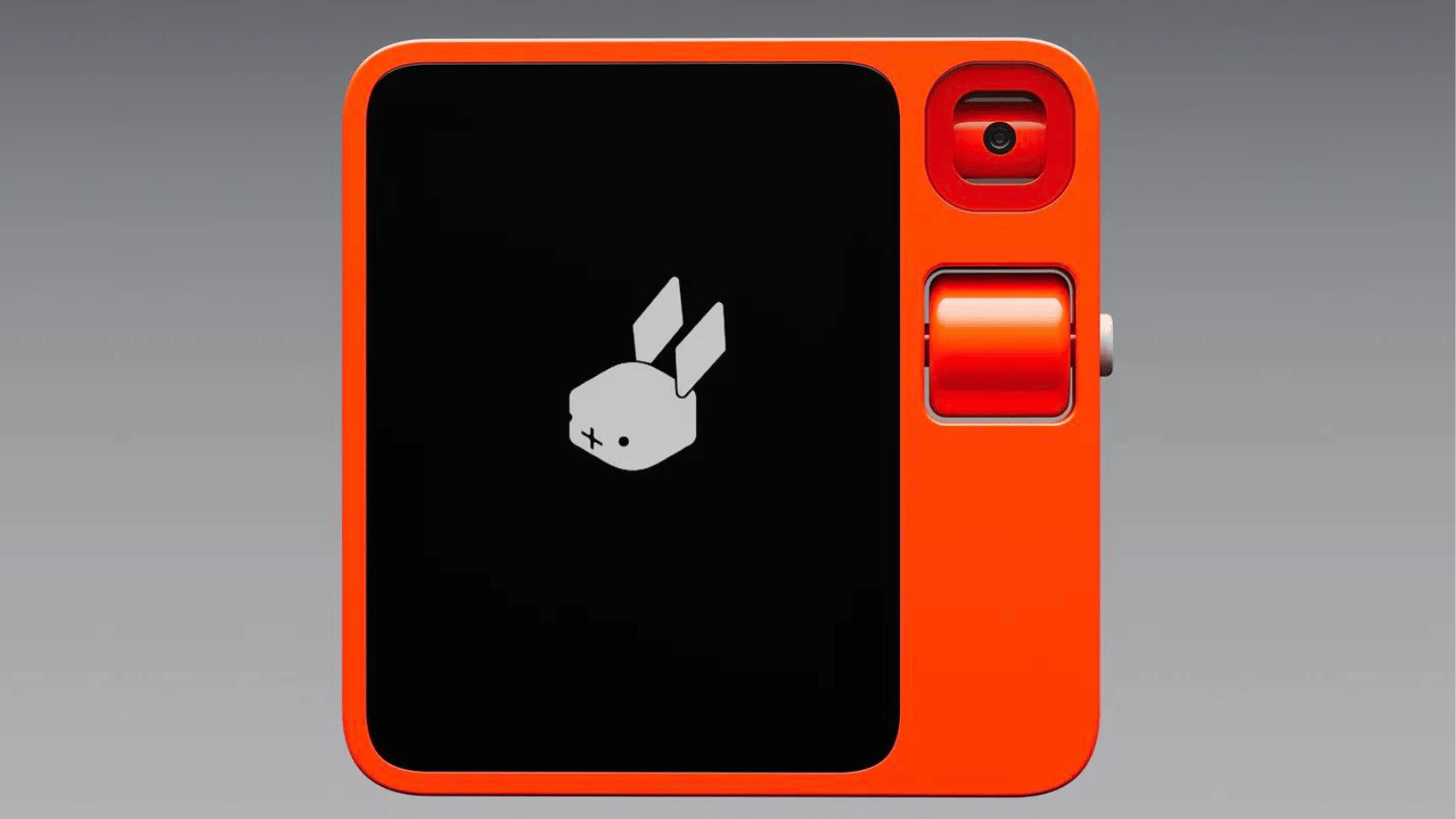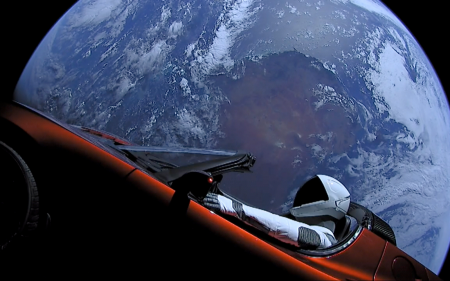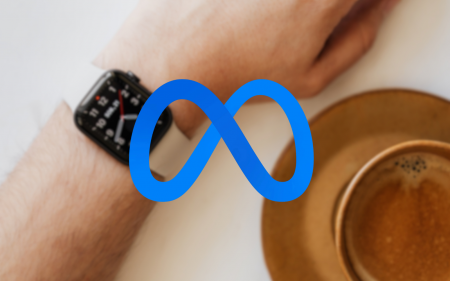Artemis II isn’t dead, just delayed

Artemis II, NASA’s upcoming crewed flight that will carry four astronauts up to the Moon, has officially been pushed back. The National Space Agency confirmed that the mission won’t be lifting off before September 2025 at the very least. That’s still a relatively short while away. Honestly, there’s a good chance there will be four new people on the lunar surface before Rockstar gets around to releasing Grand Theft Auto 6.
The Artemis II mission’s delay caused a sort of domino effect, with NASA’s chief — Bill Nelson — confirming that the subsequent Artemis III mission, initially planned for late 2025, won’t be kicking off until at least September 2026.
Nelson cited safety concerns for Artemis’ hold-ups in a teleconference on Tuesday, 9 January. “As we remind everybody at every turn, safety is our top priority. To give Artemis teams more time to work through the challenges with first-time developments and integration, we’re going to give [the teams] more time on Artemis II and III.”
Artemis IV, on the other hand, is still powering through without any delays, hanging onto the September 2028 launch date that’s currently pencilled in. Whether that’ll remain the case… remains to be seen. Considering the multiple delays that befell the agency’s Artemis I mission in late 2022, NASA has set the course to further delay its missions closer to their launch dates.
Sega Mega Drive 95
The post-Nintendo Switch world might be inundated with Steam Deck knock-offs, but it’s about to get another one. We ask that you save that eye-roll until the end, please. It’s coming from Hyperkin — the company that specialises in retro gaming consoles and controllers — and it’ll be giving you a new place to stick those Sega Genesis and Mega Drive cartridges that are sitting at the bottom of some box somewhere. Say hello to the Mega 95.
If it looks a little familiar, that’s by design. It’s modelled after the original Genesis controller — stretched to incorporate the Mega 95’s 5in display that’ll flip between 16:9 and 4:3 aspect ratios at the click of a button. It’s furthering its connection to the Switch with its own dock that’ll play those Genesis and Mega Drive games at 720p on a TV with two ports for controllers.
Having just announced the Mega 95 alongside a new Xbox controller that’ll transport you back to 2001, Hyperkin hasn’t yet set a price tag or release date. Considering the $120 (R2,200) price for the company’s SupaBoy Portable — which doesn’t have a dock included — we’re guessing Hyperkin won’t go any lower than $150 when the time comes.
Meta’s taking teen’s mental health seriously
Anyone who’s ever visited one of Meta’s apps — Instagram or Facebook — knows that it’s not exactly the safest space for the world’s young’uns. Meta wants to change that. After looking at all the data and getting expert advice, it’s decided to automatically place teenagers using those apps under their most confining settings imaginable.
That means restricting terms such as “suicide”, “self-harm” and “eating disorders” for underage users. Attempting to search those phrases will automatically hide the results and direct the user to resources that could potentially help resolve any potential issues there.
The example Meta provides in its blog post involves a teenager who’s posting about self-harm — which it understands is an important and complex topic that could “help destigmatize these issues” — it believes that it isn’t content that’s necessarily suitable for a younger audience. It’ll be removing this sort of content from Facebook and Instagram for teenage users, “as well as other types of age-inappropriate content.”
“We already aim not to recommend this type of content to teens in places like Reels and Explore, and with these changes, we’ll no longer show it to teens in Feed and Stories, even if it’s shared by someone they follow.”
Meta hasn’t fixed an exact timeline for when these changes will begin rolling out, referring to a more vague “in the coming months.”
How deep the Rabbit r1 hole goes
When 2023 brought us the rise of AI as we now know it, the last place our minds jumped to was “How can we use this to simplify our smartphones?” Granted, we’re not 60 years old, but still. Smartphones are arguably the last thing that needs simplification. Rabbit, an AI startup, just announced the Rabbit r1 — a mobile device that was designed with that very sentiment in mind. Specifically, it wants to use your phone’s apps for you.
Don’t let the R1’s short stature fool you. That 2.88in touchscreen, rotating camera, and scroll wheel are far more capable than you might think. It’s powered by a Large Action Model (LAM) and runs rabbit OS, with the LAM’s main purpose being to learn how its user uses computers and apps. It’s doing so with 4GB of RAM, 128GB of storage, and a 2.3GHz MediaTek Helio P35 processor. Don’t expect any solid info about its battery life, other than Rabbit’s promises that it’ll last all day.
In Rabbit’s words, the r1 “was developed to take a leap towards an app-free online experience, by introducing an operating system that navigates all of your apps quickly and efficiently so you don’t have to.” That sounds rather similar to all the AI assistants currently in the works from the big players — but in physical form. Just ask the r1 to do something (it’s got a push-to-talk button on its side) like searching for information or asking it to fill out a Checkers Sixty-Sixty order.
The r1 will come trained out of the $200 box on the more popular apps out there. Users will have to teach it to perform other tasks when necessary, which the device will then be able to do independently (when asked) from that point on. We’d recommend checking out the developer’s keynote if you’re still a little lost. If you’re already on board, Rabbit is taking pre-orders on its website, with orders expected to ship sometime in March or April.

